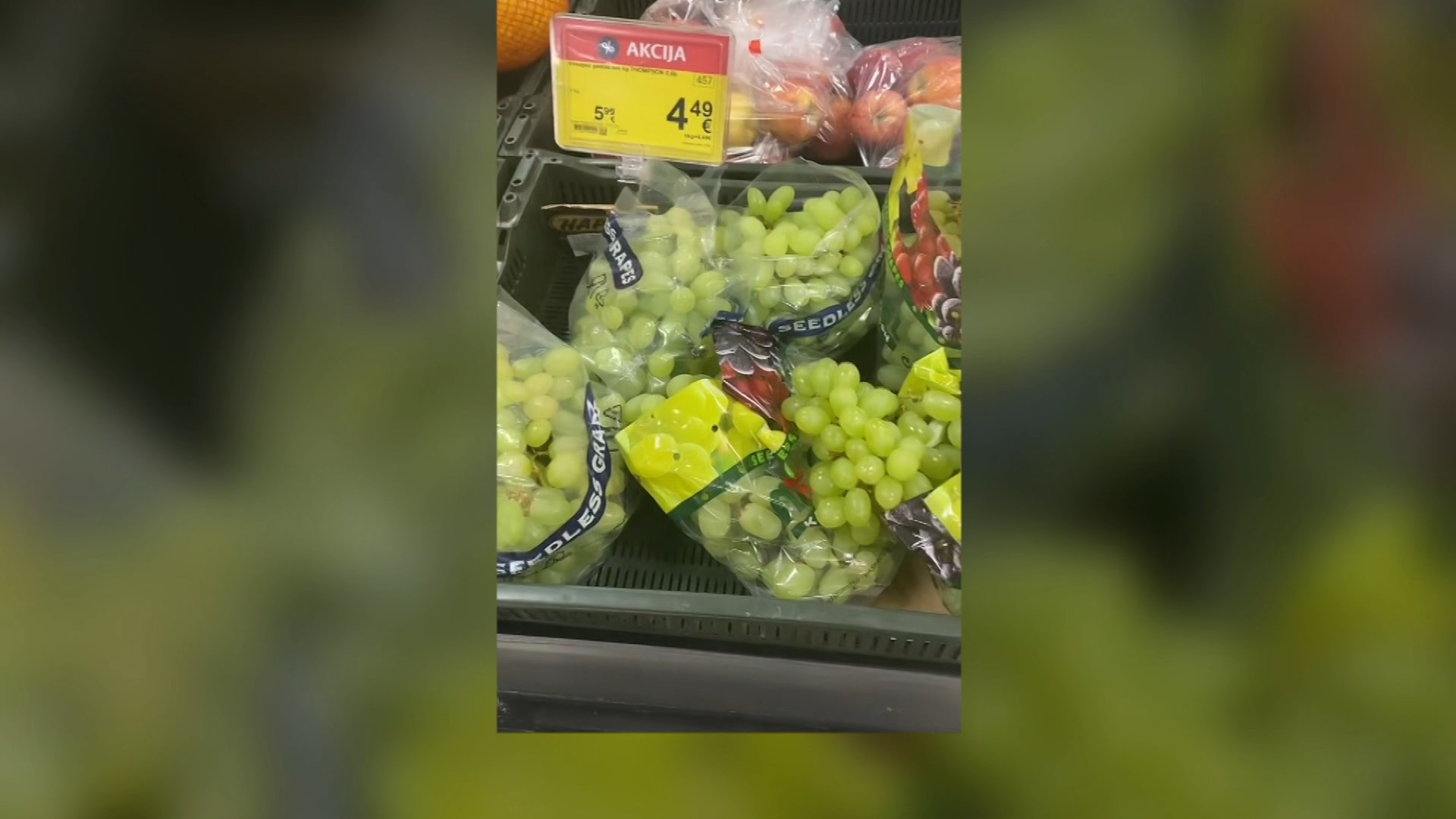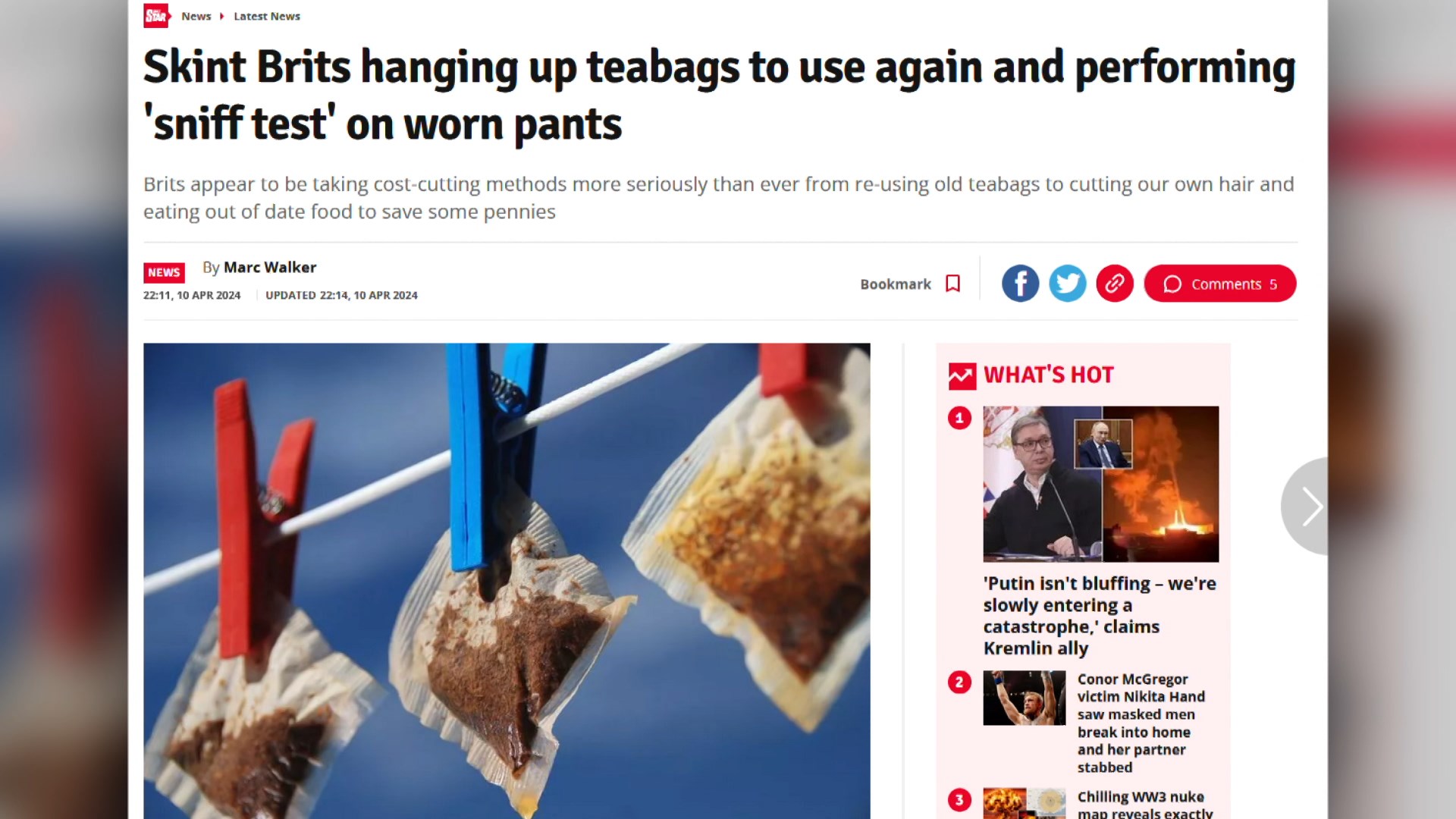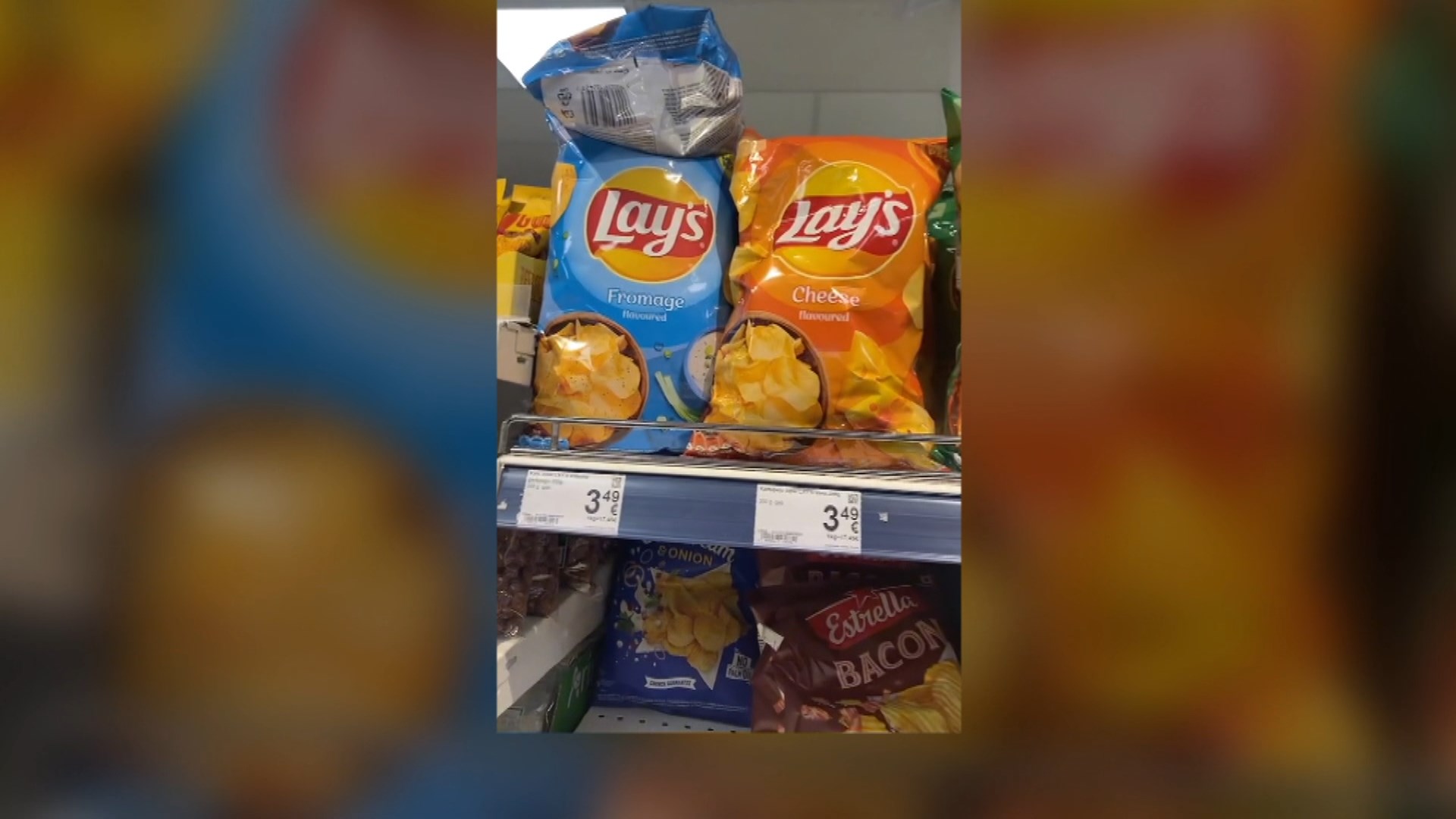3.68 BYN
2.96 BYN
3.41 BYN
"Cheap" Europe: how Western countries teach their residents not to be meat eaters
Sometimes amazing discoveries come from places you would think you know everything about. There is not much good news coming from Europe - the economic crisis is causing prices to rise for food, fuel, gas and various services. Europeans blame Brussels' overly "hawkish" policy for this.
The picture is strange - there is money for war, but kindergartens and medicine are being cut mercilessly.
The prices in stores are very similar in numbers to those in Belarus, but with one big difference - the currency is different. It is also striking that many goods are still on sale.

Of course, you can object, saying that their salaries are not paid in Belarusian rubles. To which it is easy to answer - utility bills, taxes, medicine and other services are also paid in euros, and many times more expensive.
But what about Latvia, at least bread there is not the most expensive - the average price for a loaf is now 1.41 euros. In Switzerland it costs almost 3.5 euros, in Denmark - a little less than three. And in Lithuania, white bread is more expensive by as much as 10 euro cents.

And here we can give a little advice to our Baltic friends, and to all European residents - come to Belarus. Visa-free travel is a good thing, and the prices will pleasantly surprise you. No one has ever left us disappointed, no matter what foreign propagandists say.
But what about the real Europe, the so-called flagship countries of the European Union? Let's take Germany as an example. There, over the past four years, the cost of food and drinks has increased by an average of 34%, and some goods have become much more expensive. A few figures. Olive oil - by 113%, sugar - by 83%, cookies - by 77%. Even Christmas baking, which will soon be very popular, is breaking all records, and the reason for all this was the rise in price of butter by 40% in a year. And the culprit was the same "green" agenda that forces dairy farms to close, because cows pollute the European air too much.
Animals have no effect on global warming. None at all. Zero. This does not affect the concentration of CO2 in the atmosphere in any way. Even if people eat less steak, it doesn't matter, and I want to clarify this issue.
But who will listen to Musk, if in Britain they are already openly calling on their residents to eat less meat and drink less milk - for the sake of the environment, of course. But something tells me that this is not the case - they are being prepared for the fact that being a meat eater will soon be very expensive.
According to surveys, about 15% of Britons save tea bags to dry out in order to use them several times, and almost a third of people collect free packets of ketchup, mustard and mayonnaise from snack bars, and more than a quarter admit that they eat expired products.

Then there is prosperous France - everything there is also very interesting, and most importantly "hearty". Shots from Bordeaux were shocking, where a long line of young people stands, ready to spend hours on the street not for a new smartphone or dress, but for food. For them, this is the only way to have a proper lunch. According to a local charity, the number of people in need has doubled in two years.
"I need money for rent and even for living in general, because food is quite expensive. This allows me to save my scholarship so that I can do other things, while eating healthy, because they give me a lot of vegetables there. And it's damn convenient so that I don't have to shop for at least 40 euros every time," said one of the students.

This is probably how they imagined our life in Brussels when they made decisions about introducing or tightening sanctions. They were wrong. Contrary to European common sense, Belarus not only provides itself with everything it needs, but also increases and expands the geography of exports - the figures are convincing.
Alexander Lukashenko:
"Not less than 10 billion dollars a year are made with an emphasis on new markets, and the new markets are Asia and Africa. Don't think that the West imposed sanctions on us because we have no human rights and so on. Everyone has already forgotten about this. We are competitors for them. Our products are not needed there. It seems that they are at war with Ukraine - they help and so on. But as soon as the Ukrainians began to export grain through Poland and other countries, to the same Africa, not to them, they closed these roads. Why? They are friends, they promised to help. And because grain is a competitor for Western Europe."
Belarus is needed by the countries of Africa and Asia, Alexander Lukashenko emphasized. An example of this is Zimbabwe and China. And, of course, the traditional partner is Russia.















